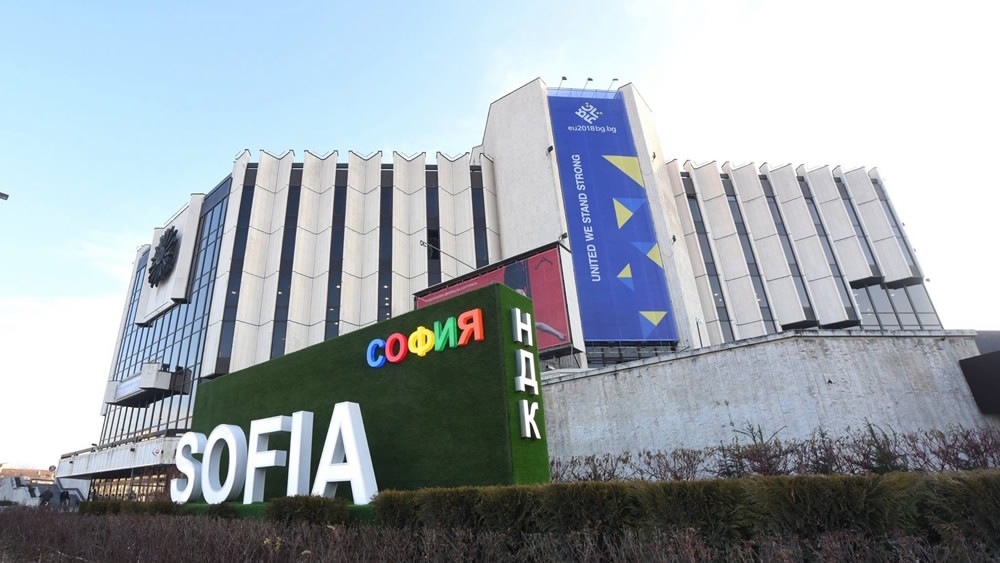
Politics
23:07, 29-Dec-2017
Bulgaria takes over EU presidency amid fears about its corruption
By Jack Parrock

Bulgaria, the poorest country in the European Union, is poised to take over the bloc's rolling presidency, giving it the chance to set the agenda for EU leadership and ministerial summits.
It is the first time the Balkan nation will assume the role and it will do so exactly 10 years since joining the EU on January 1, 2007.
The six-month presidency, which it is taking over from Estonia, will mean that Bulgaria will chair major discussions within the European Council comprising the 28 governments of the EU for discussions on crucial issues like Brexit and the ongoing migration crisis.

Donald Tusk, president of the European Union (EU), center, talks with Rumen Radev, Bulgaria's prime minister, left, prior to a round-table meeting during a European Union (EU) leaders meeting at the Europa building in Brussels on April 29. / VCG Photo
Donald Tusk, president of the European Union (EU), center, talks with Rumen Radev, Bulgaria's prime minister, left, prior to a round-table meeting during a European Union (EU) leaders meeting at the Europa building in Brussels on April 29. / VCG Photo
The Bulgarian government has set its priorities for the period and wants to focus on the future of Europe and young people, security and stability, the Western Balkans, and the digital economy.
As the country of 7.4 million people takes up the role, difficult questions are being asked about what is going on domestically in Bulgaria, especially regarding the fight against corruption.
According to the NGO Transparency International, Bulgaria is the European Union's most corrupt country and the parliament in Sofia only passed an anti-corruption law at the very end of December 2017 under pressure from the EU.
The bloc wants Bulgaria to overhaul its judiciary and to prosecute officials who are in breach of corruption laws, but Bulgarian president Rumen Radev says he's going to veto to parliament's anti-corruption bill because it isn't "fit for purpose."
He met president of the European Parliament Antonio Tajani in Brussels in November when the Bulgarian priorities for the presidency were commended.
A spokesperson for the Bulgarian presidency of the Council of the EU, Veselin Jelev, told CGTN, "Fighting corruption is a key priority for the government. The first step towards solving a problem is to recognize it. Bulgaria has recognized its problem and is working on it."
The government in Sofia is hoping that this six-month slot will be able to change opinions about Bulgaria to remove its image as the poorest and most corrupt country in the EU.
It also wants to use the period to convince the other member states that it is ready to be part of Europe's border-free Schengen area and to pus ahead with its move towards joining the single currency Euro.
Bulgaria has seen a period of relative stability under current prime minister Boyko Borisov who won a third term in office in April 2017 though he had to enter a coalition with the ultra-nationalist United Patriots party.
The motto of the Bulgarian presidency is "United We Stand Strong", but in a European Union submerged in discussions about the departure of one of its members through Brexit, unity may prove elusive.
7361km

SITEMAP
Copyright © 2018 CGTN. Beijing ICP prepared NO.16065310-3
Copyright © 2018 CGTN. Beijing ICP prepared NO.16065310-3